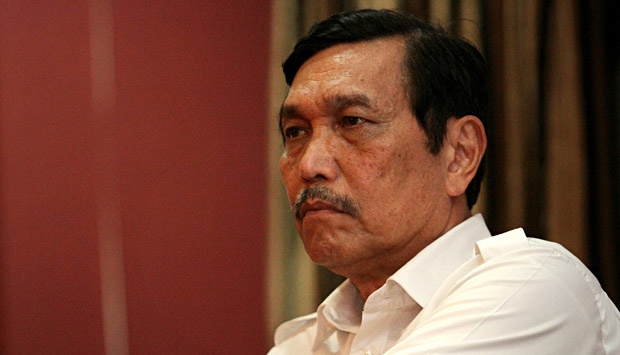An independent tribunal investigating Indonesia’s involvement in the 1965 massacres, during which an estimated 500,000 – 1 million people connected to the Indonesian Communist Party (PKI) were systematically murdered, was held for two days beginning on Tuesday in The Hague, Netherlands.
The Indonesian government hasn’t acknowledged, let alone apologized for, the massacres, and has instead attempted to quash any discussions on the topic, even in large international forums.
The government’s stance on the issue shows no signs of changing, as some of the cabinet’s top ministers, including Coordinating Minister of Political, Legal, and Security Affairs Luhut Panjaitan, voiced their disdain at the tribunal taking place in the Dutch capital.
“Whom are you apologizing for? What families of victims? What massacre? Now what if I ask about Westerling (a Dutch military officer who Indonesia accused of war crimes during a counter-insurgency operation in Sulawesi after Indonesia’s independence), how many Indonesians did he kill?” Luhut told reporters on Tuesday, as quoted by JPNN.
“So don’t just listen to the words of bules (white people), listen to Indonesians as well.”
The fallacies are jarring in Luhut’s statement. For one, he clearly tried to stray away from the issue at hand by mentioning Westerling’s alleged war crimes, which is completely irrelevant to what the tribunal is about.
The fact that the tribunal is taking place in The Hague has nothing to do with the bloody history between Indonesia and the Netherlands. The Hague is home to the International Court of Justice, where many similar special tribunals on war crimes have taken place in the past.
And as for the “words of bules”, it’s worth noting that the lead prosecutor in the tribunal is Todung Mulya Lubis, an Indonesian lawyer and human rights activist.
Regardless, the International People’s Tribunal on 1965 Crimes Against Humanity in Indonesia is not a criminal court and as such doesn’t have the mandate to ensure justice and compensation for victims. It will, however, use its findings to place pressure on the Indonesian government to acknowledge its crimes and to take responsibility for its victims.





Reader Interactions